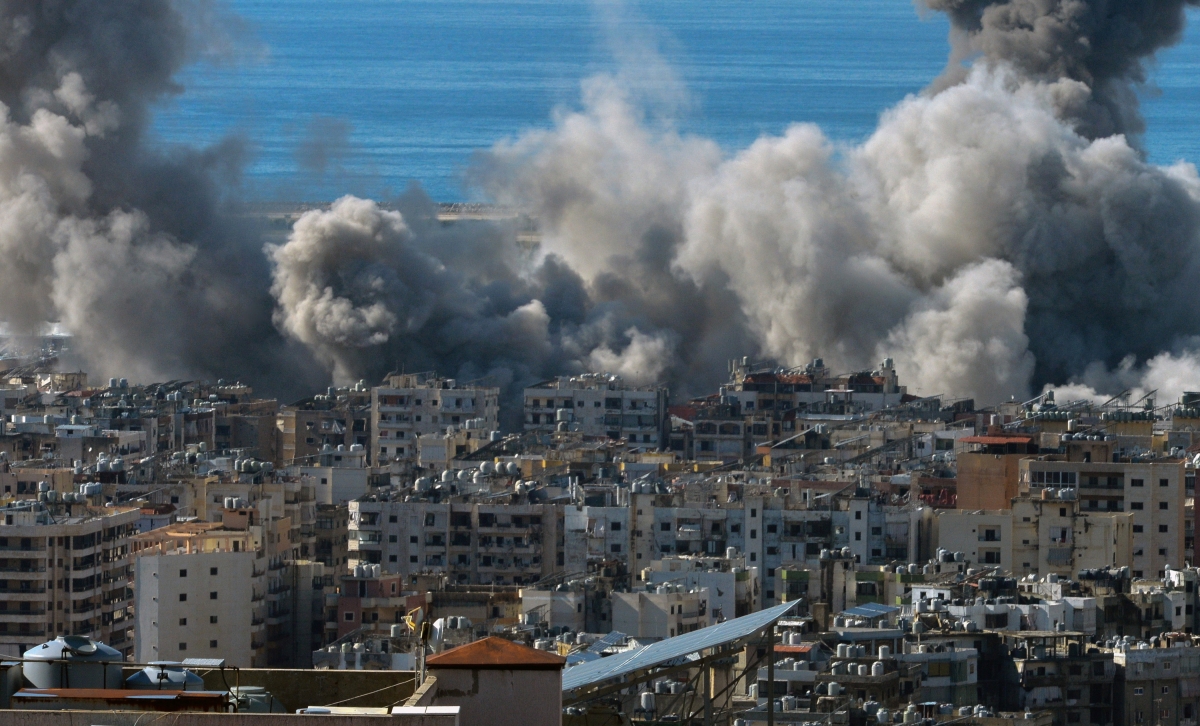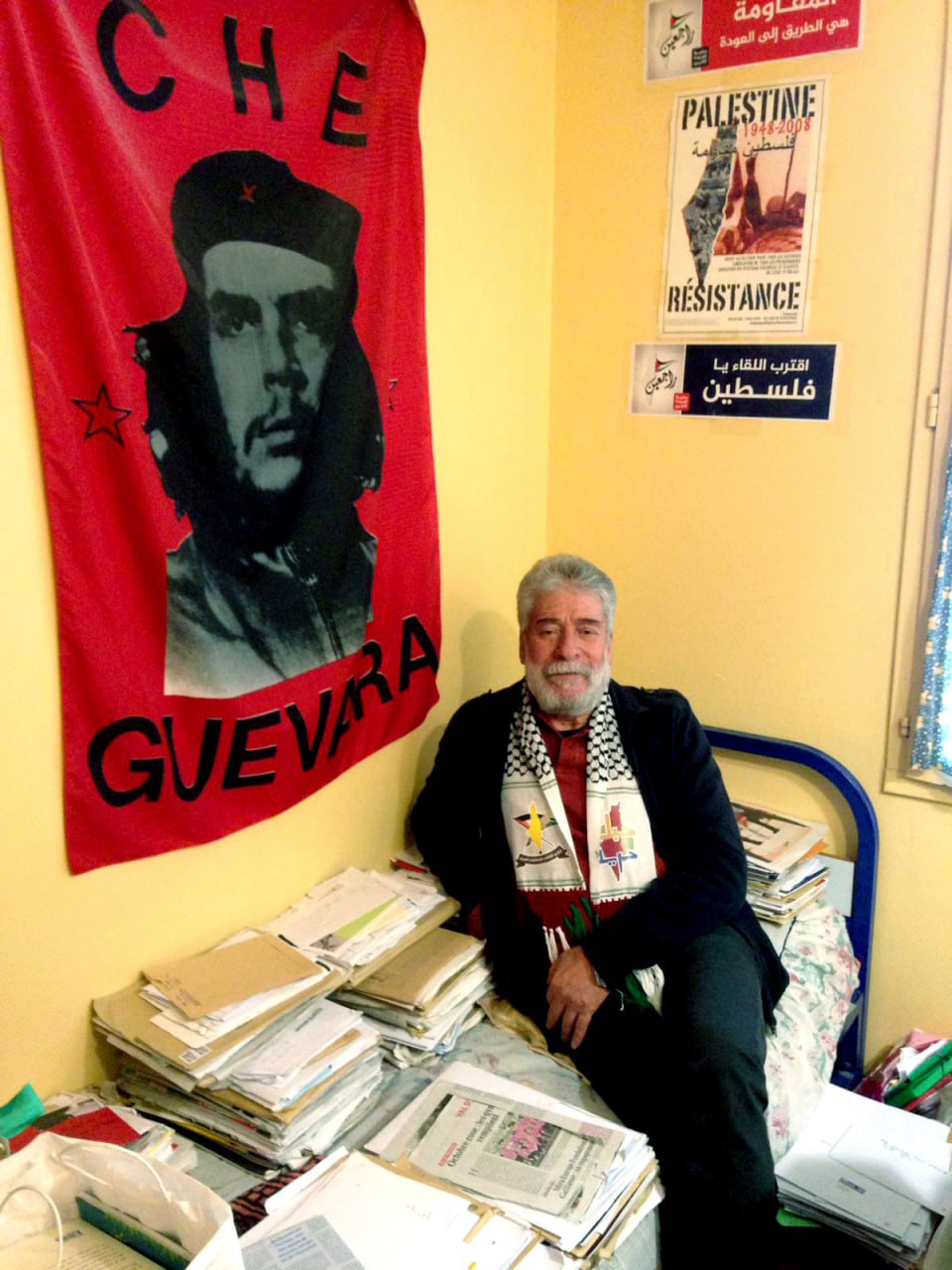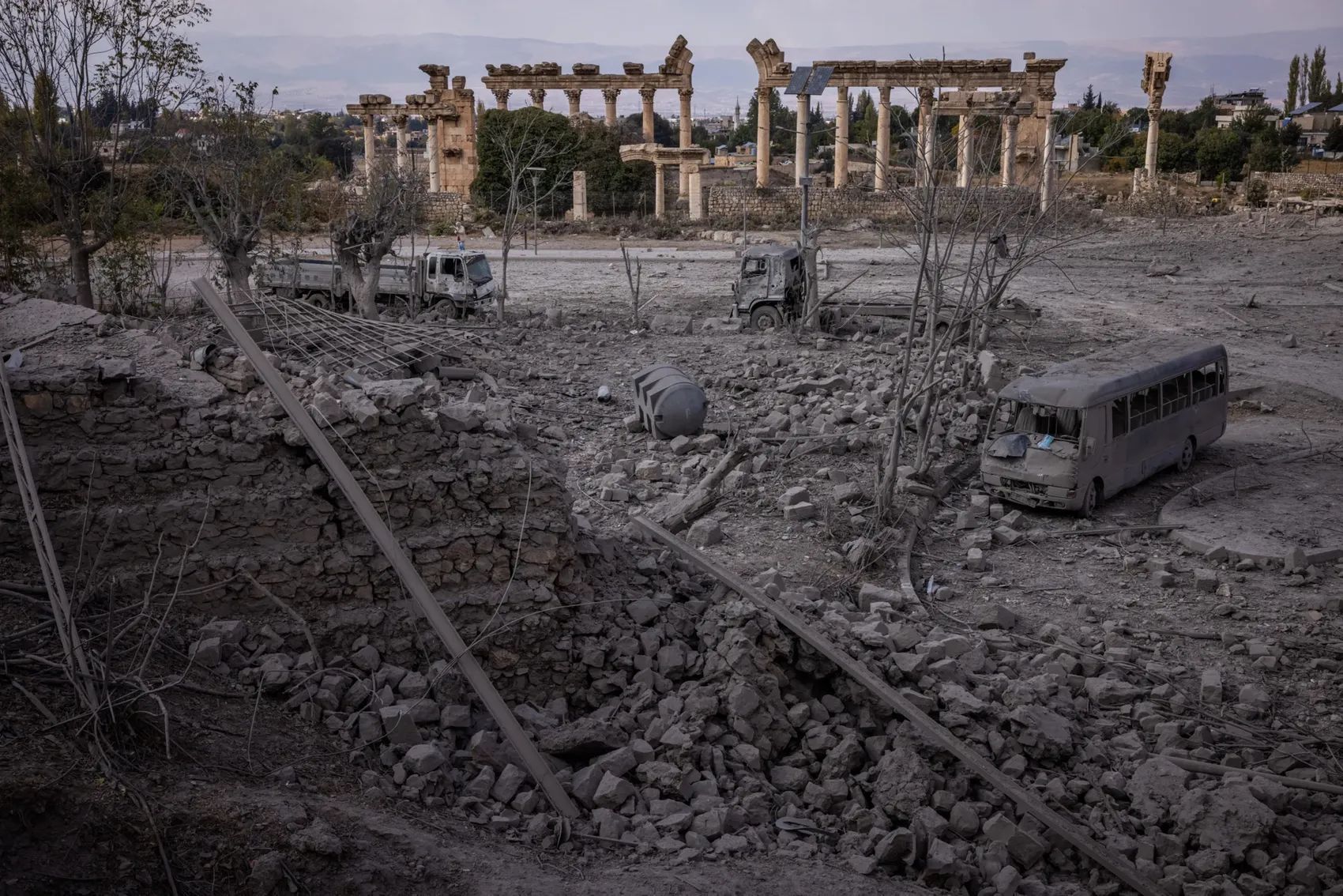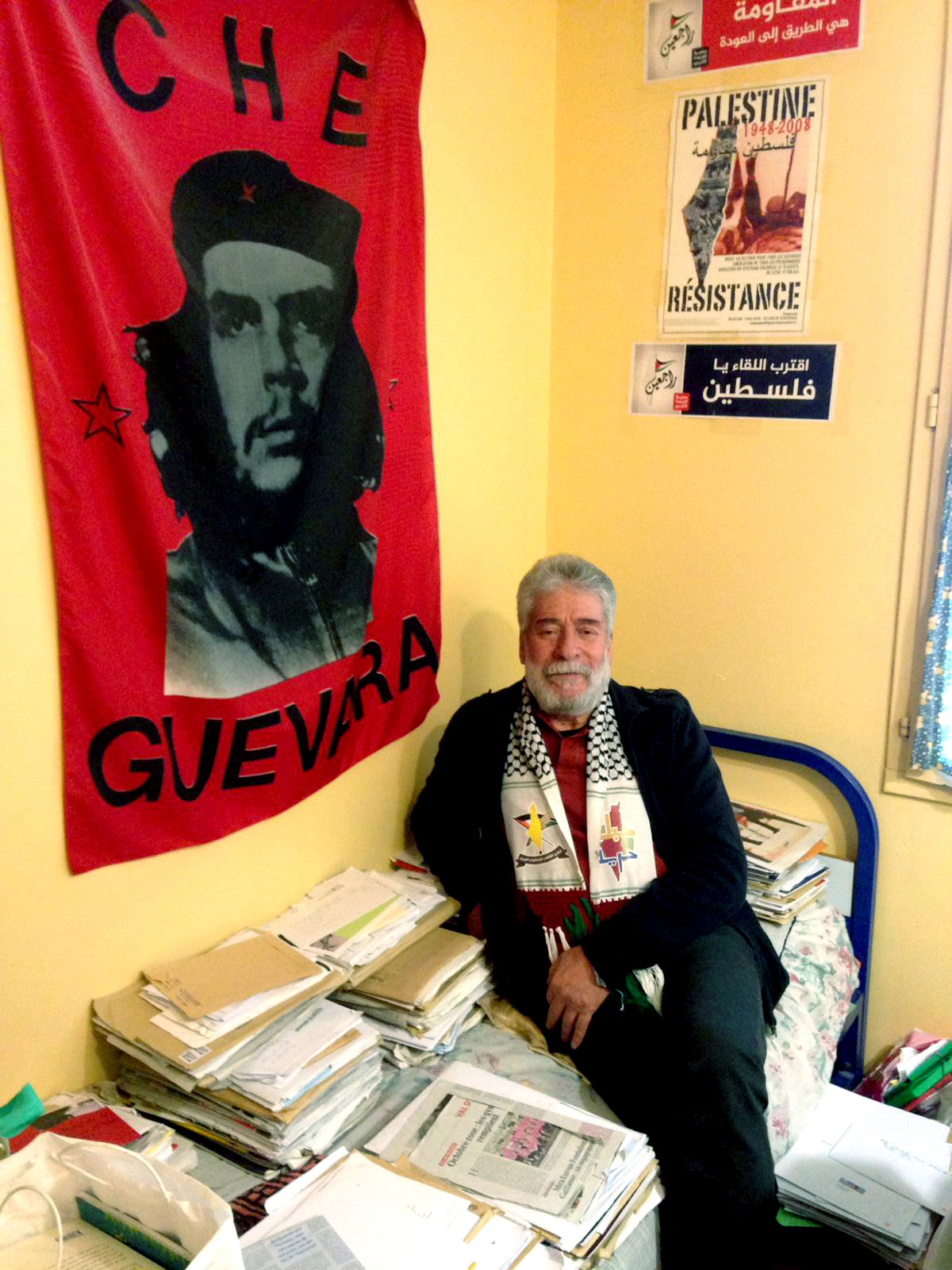A week of citizen protests in Lebanon mobilize government
- As a result of a corruption case and a tax proposed by the International Monetary Fund, citizens have made a total of six days of protests. After learning about the new measures, thousands of people have gone to the streets to protest and have shown their mistrust.

Lebanon’s Prime Minister, Saad, introduced a tax on the Whatsapp instant messaging app. The citizens, alarmed by the corruption cases the minister would incur, went to the streets to show their rejection of this measure. Mr Hari, after six days of demands, rejected this measure on television and presented a new one.
During these days of reclaiming, there have been numerous arrests and disturbances in the streets, particularly in the area of Beirut. In the view of some, among those involved in the street riots, there were thousands of supporters of the Shia groups Amal and Hezbollah.
The latter movement, which has resulted in an investment of $3.4 billion from banks, has been translated into a statement broadcast on television. The International Monetary Fund (IMF) recommended that the Lebanese Government apply this telephone tax to citizens in order to overcome the economic crisis, but it has decided to throw it out under pressure from the people.
On the pretext of leaving Hezbollah out of play, Israel has attacked Lebanon, which has been rejected. As a result, small Switzerland in the Middle East has been placed in the media spotlight, but remains an unknown country. In ancient times it was the origin of an important... [+]






















